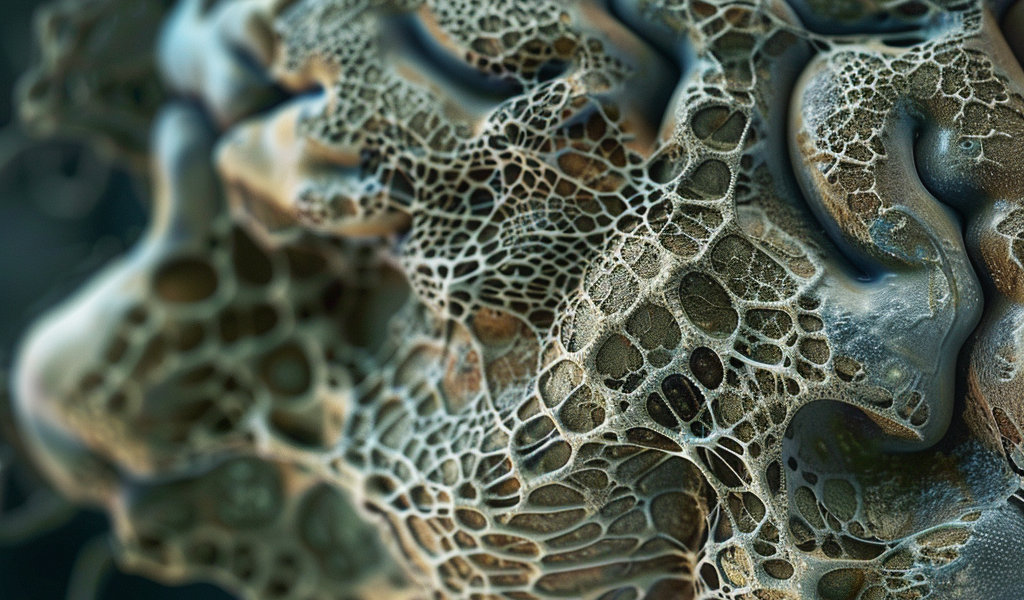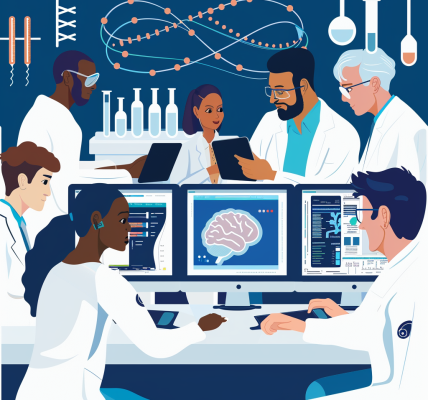In a groundbreaking achievement, a team of researchers at Cincinnati Children’s Hospital Medical Center has successfully created the world’s first human mini-brain with a fully functional blood-brain barrier (BBB). This significant development, unveiled in a recent publication in Cell Stem Cell on May 15, 2024, is poised to revolutionize the study and treatment of various brain disorders, ranging from stroke and brain cancer to Alzheimer’s disease and Parkinson’s disease.
Lead corresponding author Ziyuan Guo, Ph.D., highlighted the importance of this milestone, emphasizing that the lack of an authentic human BBB model has long been a major obstacle in neurology research. By generating human BBB organoids from pluripotent stem cells, the research team has successfully replicated human neurovascular development to create a faithful representation of the barrier within growing brain tissue. This breakthrough is particularly significant as existing animal models often fall short in mirroring human brain development and BBB functionality.
The blood-brain barrier, a unique feature of brain blood vessels, consists of tightly packed cells that regulate the passage of molecules from the bloodstream into the central nervous system. This selective barrier plays a crucial role in maintaining brain health by preventing harmful substances from entering while allowing essential nutrients to pass through. However, the barrier also poses challenges by hindering the delivery of potentially beneficial medications to the brain, and its dysfunction is associated with various neurological disorders.
Dr. Guo underscored the transformative potential of this new platform based on human stem cells, enabling researchers to delve into the intricate mechanisms governing BBB function and dysfunction. This innovative approach holds promise for advancing drug discovery and therapeutic strategies for neurological conditions.
For years, scientific teams worldwide have been engaged in a race to develop brain organoids—small 3D structures that mimic the complexity of the human brain. The integration of a fully functional BBB into these mini-brains represents a significant leap forward in the quest to better understand and address neurological diseases.
With this groundbreaking achievement, the research community is poised to unlock new insights into the workings of the human brain and explore novel avenues for treating a wide spectrum of neurological disorders. The development of human mini-brains with functional BBBs heralds a new era of innovation in neuroscience research and therapeutic development.





